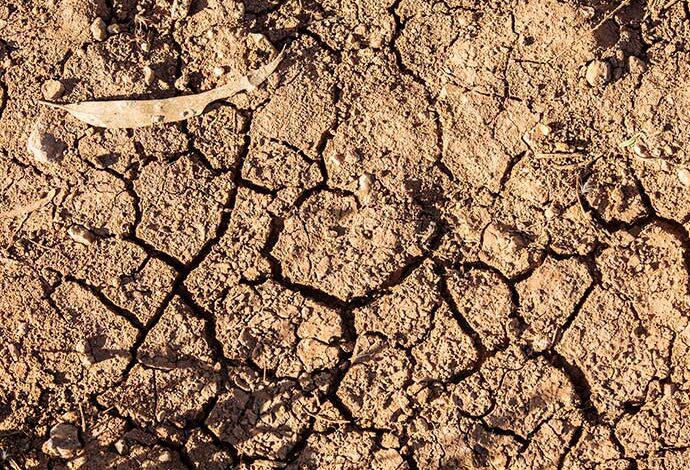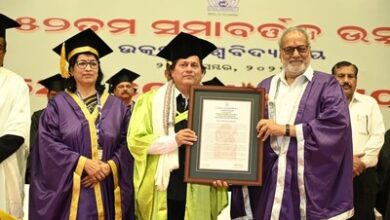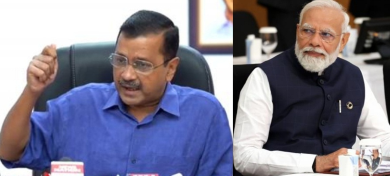
Bhubaneswar, Dec 5 : The degradation of soil was putting excessive pressure on the earth’s water resources with 97.3 percent of it forming the sea while barely 2.7 percent being available for use.
Of this, a miniscule 0.07 percent was freshwater of which most part was in a frozen state in glaciers, Director of SOA’s Centre for Climate Smart Agriculture Prof.Rabindra Kumar Panda said.
Speaking at a programme to mark ‘World Soil Day’ organised at the Institute of Agricultural Sciences (IAS), SOA’s faculty of agricultural sciences, Panda said the neglect meted out to the soil for decades has returned to haunt mankind across the world.
Panda called for urgent measures to promote soil health stating that the planet’s survival depends on the precious link between soil and water, which are two sides of the same coin.
Prof. Panda said the occurrence of frequent extreme weather events was posing problems that needed development of a climate-resilient variety of crops.
He stressed improving soil moisture availability by pursuing appropriate water conservation measures and rainwater harvesting to recharge the groundwater.
The programme focused on inadequate agricultural land management and industrialization which led to the degradation of the soil impacting productivity.
The programme, which included an interaction between farmers and agricultural scientists of IAS, was also attended by SOA Vice-Chancellor Prof. Pradipta Kumar Nanda who underlined the need to maintain soil health and water quality saying “mankind has not learned to be thankful for the gifts of soil, water, and air.”
“We need to be obliged when we inhale the air, take our daily food and drink water which come to us as gifts for our sustenance and learn to take care of the earth where we live,” Nanda remarked
The degradation of air quality in most cities had become a matter of grave concern, he said.
Dean (Students’ Welfare) Prof. Jyoti Ranjan Das stressed the need for all concerned to take care of the soil and water bodies to ensure the survival of the planet.
World Soil Day was observed on December 5 coinciding with the birthday of King Bhumibol Adulyadej of Thailand because of his contribution towards the protection of the environment, Prof. Jena Head of Department of Soil Sciences and Agriculture Chemistry said.
He said the problem had arisen because fertile land was getting diverted for infrastructure development which put greater pressure on the available cultivable land to produce more crops to feed the increasing population.
“This required a steep rise in productivity which had become difficult because of the degradation in soil quality,” he said.






